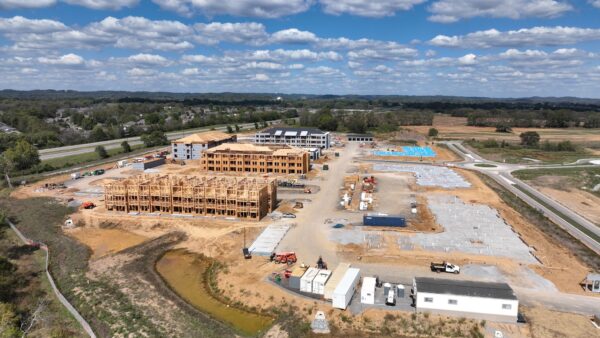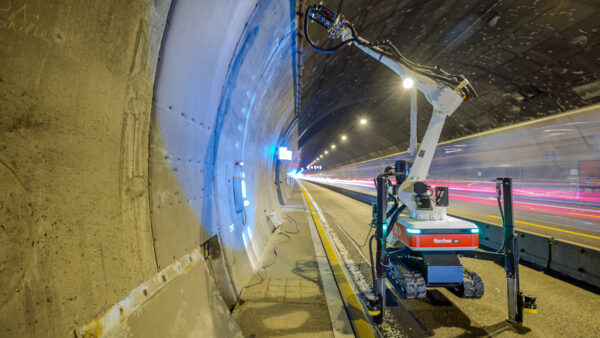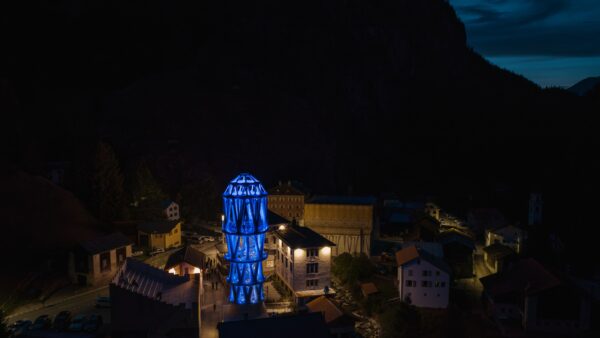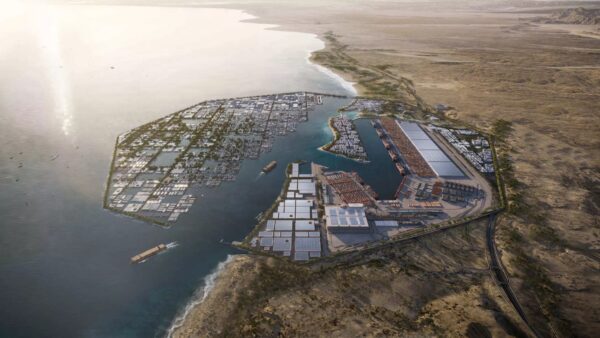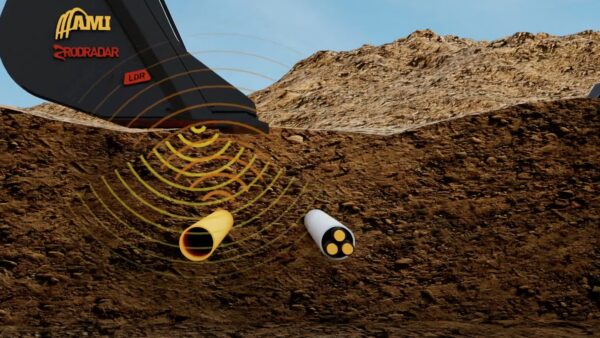Last March, Shanghai firm WinSun Decoration Design Engineering caused a sensation when it printed the components for 10 houses in a single day.
Now it has achieved another world first by printing an entire villa (pictured), measuring 1,100 sq m, and not only that, but a five-storey apartment building, as well.
The firm unveiled the structures at a press conference in Suzhou, China on 18 January.
According to 3D printing specialty news site 3ders.org, the villa was commissioned by Taiwan real estate company Tomson Group, and cost $161,000 (a million yuan) to print and assemble. Ten of these villas have already been pre-ordered, 3ders reports.
Labour costs are slashed by up to 80% and the method does away with the noise, dust and chaos generated by traditional building methods– Winsun
WinSun’s technique uses an exclusive printing ‘ink’ made of recycled construction waste, glass fibre, steel, cement and special additives.
Pieces for the building were printed in WinSun’s factory and assembled at an industrial park in Suzhou, which is near Shanghai.
The print machine is 6.6m tall, 10m wide, and 150 meters long. “This is the world’s first continuous printing 3D printer, and the largest 3D house printer in the world,” said Ma Yi He, CEO of WinSun, 3ders reported.
Also on display was a single-story printed house pre-ordered by the Egyptian government. Ma told reporters that Egypt had ordered 20,000 of these. (Egypt’s military rulers have promised to build a million affordable homes by 2020.)
WinSun estimated that 3D printing technology can save up to 60% on building materials, cut build time by up to 70%.Â
Labour costs are slashed by up to 80%, it says, adding that the method does away with the noise, dust and chaos generated by traditional building methods.
Monotonous ‘cookie-cutter’ style buildings can be avoided by using software to create bespoke designs, the company says.
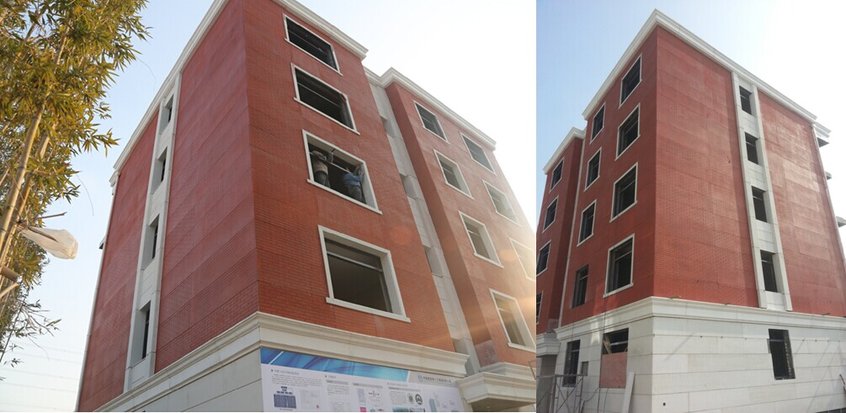
WinSun’s printed five-story apartment building (Shanghai WinSun Decoration Design Engineering Co)
According to 3ders, WinSun used the villa unveiling to announce other business deals that could see its technique used around the world.Â
It said it had signed a deal with a company called Nile Sand Material Technology to establish factories in desert locations using a sand 3D printer developed by WinSun.
WinSun also signed contracts with Winsun Global, a joint venture consisting of WinSun and an unnamed American company. Over the next three years, they plan to set up factories in more than 20 countries to popularize 3D printed buildings, focussing on affordable housing for the Middle East and Africa.
Finally, WinSun announced a joint venture with China Railway 24th Bureau Group to build five factories in China, Mexico and Russia.
For more information, see 3ders.org.


